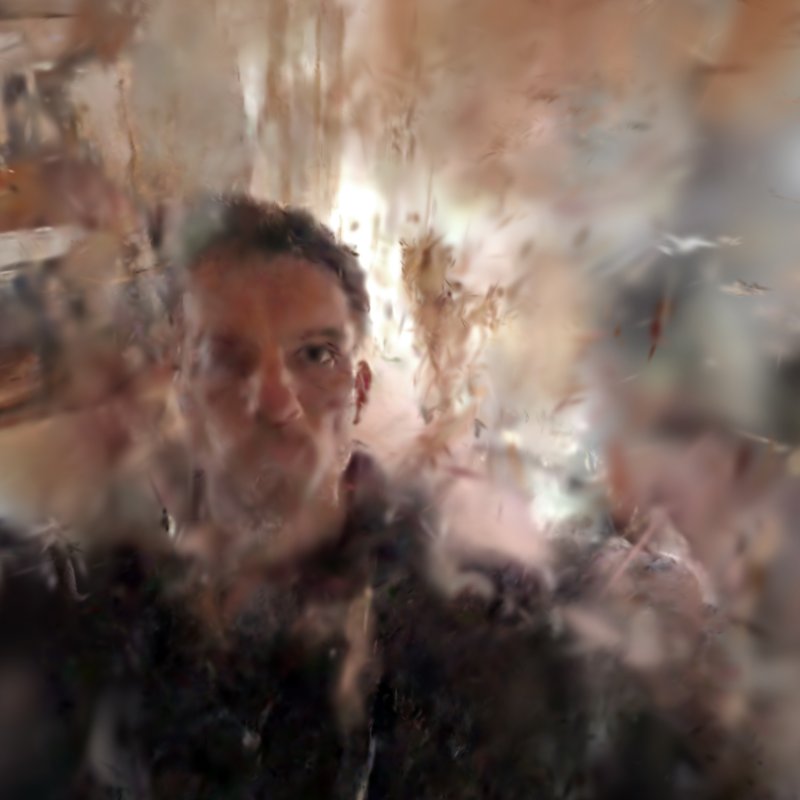Gareth Freathy
About the researcher
I am an ARB registered architect and PhD researcher with a keen interest in immersive media. In addition to my architectural qualifications, I have a BA (Hons) in Computer Visualisation and Animation and an MA in Virtual and Extended Realities and joined Falmouth University as a full-time PhD student in September 2024.
Since qualifying as an architect in 2015, I specialised in the education and healthcare sectors, developing designs for a range of public sector buildings in Devon and Cornwall and successfully managing teams as both project architect and lead consultant.
I am undertaking my research within the new Centre for Blended Realities at Falmouth University, with support from the School of Architecture, Design and Interiors and the Games Academy.
Research interests
- Liminal Space
- Domestic Architecture
- Augmented Reality
- Autoethnography
- Critical Spatial Practice
- Architectural Phenomenology

PhD abstract
Thesis title
Augmented Reality and the Lived Experience of Liminal Space
Abstract
Research Aims:
The aim of my research is to explore emerging manifestations of liminal space, made possible by the increased prevalence of immersive technologies. Using augmented reality (AR) as part of a practice research methodology, the project focuses on my phenomenological experience of domestic space and the transformative potential of thresholds to reveal new ways of being and knowing. In so doing, the research acknowledges the potential impact of AR on everyday life, explores complex interconnections, and evaluates AR as an embodied form of knowledge creation and communication.
Research Question:
In what ways can AR be used to explore the lived experience of liminal space, and what insights are revealed by this embodied creative practice?
Research Context:
As the experience of domestic space becomes increasingly mediated through technology, the home has become a complex and contested site, simultaneously shared and solitary, productive and restful, stable and fluid. By blending physical and digital space within the home, AR becomes a tool for exploring the lived experience of liminal space as it permeates intimate spatiotemporal existence and disrupts everyday behaviours. Not only could this create a new state of being for the user but potentially reveal new ways of knowing and embodying space.
Methodology:
The project follows a practice research methodology, incorporating creative practice alongside critical reflection and conceptual frameworks. Using a mixed methods approach the digital augmentations are recorded and analysed using practice logs, mappings, reflective journals and critical writing. These sources then inform subsequent iterations to create an evolving, embodied creative practice that allows key insights and themes to emerge. This hybrid methodology uses AR as both a critical spatial practice and autoethnographic tool to explore how immersive digital interventions can be used to disrupt, reinforce or transform habitual perceptions of space.
Professional engagements
- ARB registered Architect
Qualifications
| Year | Qualification | Awarding body |
|---|---|---|
| 2024 | MA Virtual and Extended Realities | University of the West of England, Bristol |
| 2015 | PGCert Professional Practice and Management in Architecture | University of the West of England, Bristol |
| 2012 | MArch Master of Architecture | University of Plymouth |
| 2007 | BA(Hons) Architecture | University of Plymouth |
| 2002 | BA(Hons) Computer Visualisation and Animation | Bournemouth University |